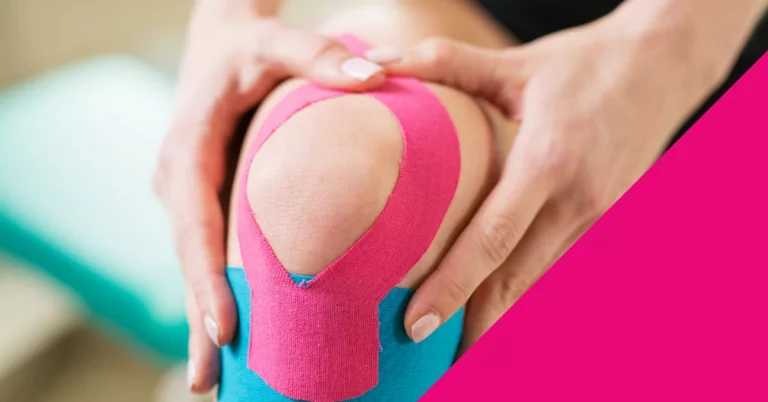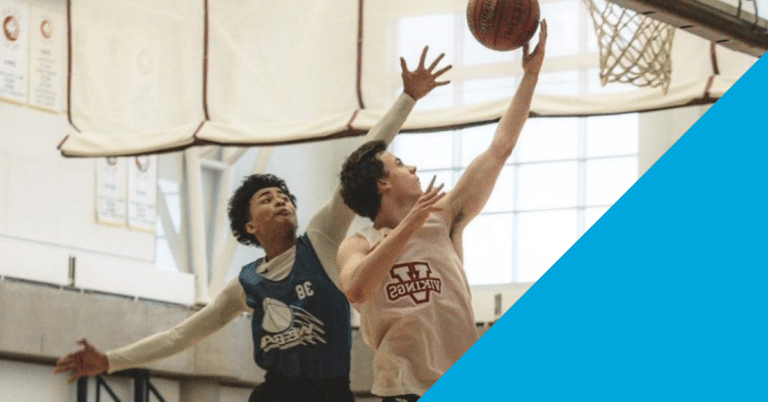
Sports can be an excellent way to keep fit, grow self-confidence, and meet new friends.
Whether you’re an elite professional athlete or a laid-back weekend warrior, odds are at some point in time you’ve suffered an injury.
As a matter of fact, approximately seventy percent of all leisure players will experience some kind of pain, aches, athletic injuries, or soreness in their joints and muscles during the course of a match. If you play any kind of sport regularly, it’s practically unavoidable that you’ll end up hurting yourself during your athletic activity.
In time, these microtrauma wounds can cause structural damage in the form of muscle stiffness and/or tendonitis. An injury may prevent you from participating in your best-loved sport, keep you from the courts or turf for a prolonged time period, or lead to long-term effects like chronic discomfort or decreased range of movement. Additionally, if left untreated, these injuries can also become something more severe in the future.
The upside is that a sports injury doesn’t need to keep you off the field or court for long. Physiotherapy can help treat many sports-related injuries and prevent them from becoming recurrent. Here are 6 physio-related specialized treatment services that might help you with a quick recovery from your sports injury:
Reinforce Your Existing Muscles
Every motion you perform in your sport (such as tossing a baseball, running a marathon, or diving in swimming) needs a certain amount of strength in the muscles you utilize. In the case of throwing a ball, that means the muscles in your shoulder, elbow, wrist, and hand. In time though, these muscles can become imbalanced and weak.
This imbalance can develop as we age and our bodies lose muscle mass. It can also take place if you have been participating in a sport for a long period of time without providing your muscles a chance to rest and recuperate between rounds of activity.
Thankfully, you can prevent injuries and increase your effectiveness on the field with the strengthening workouts your physiotherapist can teach you. Moreover, strengthening your existing muscles can help resolve the discomfort, tightness, and swelling that come along with any sports injury.
Treat Tendonitis and Strain
The connective tissues in your joints are subject to swelling and injury because of the continuous movement of your joints. However, if your inflammation is brought on by a tiny tear in the tendon, then physiotherapy can help treat your tendonitis.
Tendonitis is an inflammatory problem that can develop in your tendons when they come to be swollen and unpleasant. Certain activities, such as running or jumping, basketball, and tennis are especially likely to trigger it. If you suffer from tendonitis or a strain, physiotherapy can treat your injury faster. It can likewise help you avoid a strain injury from taking place in the future.
Cultivate New Motion and Strengthening Exercises
As you grow older, your muscles and joints usually become less flexible. This could be because of genetics, injury, or a lack of regular physical activity. In addition, if you’ve been participating in a sport for a long period of time, you may have developed structural imbalances that make you more vulnerable to injury. For example, your shoulder muscles could be more powerful than your lower back muscles, which puts strain on the lower spine.
If you want to avoid injury and increase your agility, you want to make an effort to develop new movement and strengthening exercises.
Your physiotherapist can show you the best exercises to increase your overall flexibility and revitalize joint functionality. Doing so can help to repair an injury, reduce your danger of injury, improve your flexibility, increase your total range of motion and help you enjoy an active life.
Enhance Your Range of Movement
When you’re injured, you often have to restrict your activities and/or your range of motion. Consequently, you run the risk of suffering discomfort, stiffness, faulty movement patterns, chronic orthopedic conditions, and loss of mobility.
Fortunately, as you recover, your joints and muscles regain their complete range of motion. This process can happen really rapidly; however it usually takes about 14 days for your muscles to begin to heal and get back to their normal shape.
To prevent injury and speed up the recovery cycle, an experienced team of physiotherapists can administer a custom treatment plan that includes a number of effective treatment solutions, including workouts, that enhance your range of motion. Doing this may offer pain relief, increase your flexibility, and help you with rapid recovery.
Reduce Swelling and Tightness
As you recover from an injury and your muscle tissues get stronger, you may develop a build-up of scar tissue. This is a normal part of the recovery process and can help protect against future injuries. In fact, it can really help you return to your regular activities much more quickly. To reduce your risk of developing tightness, sports physiotherapy will help you maintain your mobility and flexibility, even though you’re not exercising.
Eliminate Repetitive Strain Injuries
A repetitive strain injury happens when a previously small injury ends up being aggravated as you go back to a more intense level of activity. For instance, if you’ve been playing basketball for a few weeks and you attempt to leap higher than you normally do, you could wind up reinjuring your ankle.
Repetitive strain injuries can occur in any sport when the typical level of activity is increased, but they are most typical in sports that involve repeated motion, such as weightlifting, baseball, football, soccer, and basketball. Sports physiotherapy can alleviate stress injuries by re-aligning muscles and connective tissues, massaging out knots or pain points, and increasing the blood flow to the affected area of your body.
Wrap Up
An experienced physiotherapist can help deal with numerous sports injuries, including things like sprains, stress fractures, tendonitis, joint discomfort, and joint dislocation.
Sometimes, you might even have the opportunity to prevent injuries from happening in the first place. If you want to prevent injuries and increase your performance on the field or court, you ought to experience physiotherapy.
At Aspire Physiotherapy, we provide a holistic, proactive, client-centered approach that will help you build up your existing muscles, deal with your tendonitis and pressure injury, develop new movement and strengthening exercises, provide client education, improve your range of motion, decrease inflammation and tightness, prevent repetitive strain injuries, and minimize reinjuries.







